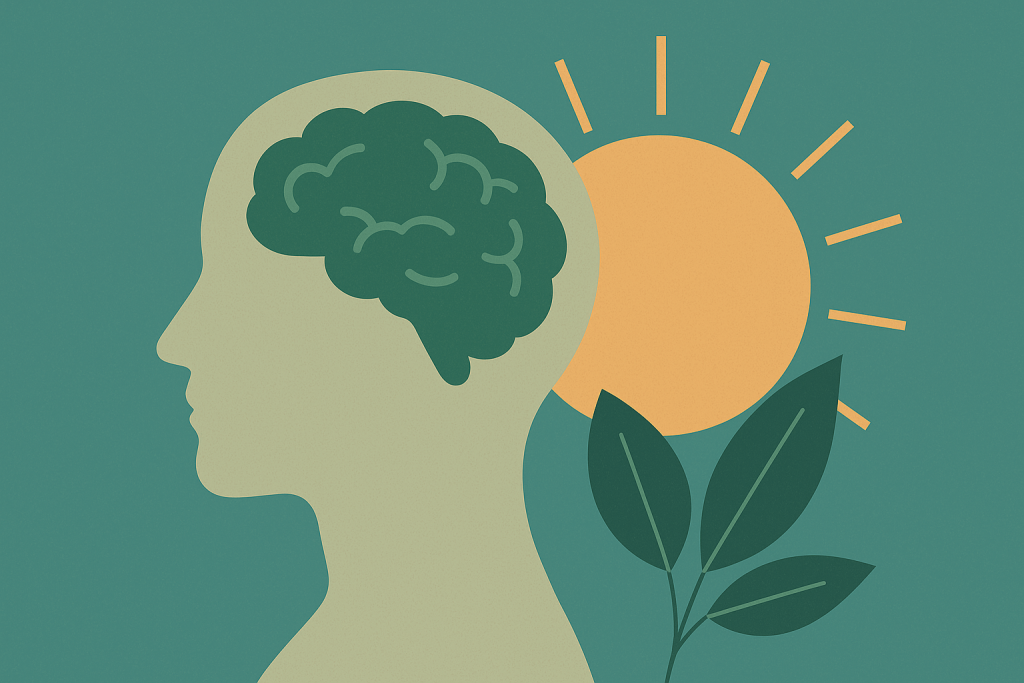Mental Health Days: Enhance Well-Being and Prevent Burnout

In an increasingly demanding world, mental health days offer a proactive solution for emotional and psychological recovery. Unlike traditional sick days, which respond to physical illness, mental health days are used intentionally to rest, reflect, and reset emotionally. These breaks support long-term mental clarity, creativity, and focus, while protecting against the slow build-up of burnout.
Taking a day for your mental well-being is not a luxury—it’s a necessary form of self-preservation. Short-term stress might feel manageable, but over time, chronic emotional fatigue can impair cognitive performance, damage relationships, and even lead to more serious health issues. Mental health days serve as a buffer, offering space to decompress before reaching a breaking point.
These breaks are especially beneficial when scheduled with intention. Instead of treating them as escape mechanisms, consider using them to engage in restorative activities: spending time in nature, journaling, digital detoxing, or engaging in mindful movement like yoga or tai chi. Even doing nothing—resting without guilt—is a powerful act of self-care.
Key Benefits of Taking Mental Health Days:
- Reduced stress and anxiety
- Improved emotional regulation and clarity
- Strengthened resilience against burnout
- Restored motivation and productivity
- Increased satisfaction with work and personal life
Recommended Activities for Mental Health Days:
- Mindfulness practices or silent meditation
- Nature walks or forest bathing
- Gentle creative hobbies (drawing, reading, gardening)
- Disconnecting from devices and social media
- Taking naps or simply being present without an agenda
When integrated into your lifestyle regularly, mental health days help rewire how you relate to stress and energy expenditure. They send a strong message: that well-being is a non-negotiable foundation for sustained success, not a reward earned through exhaustion. As discussions around mental wellness become more mainstream, encouraging the normalization of these days could foster healthier work cultures and more emotionally attuned individuals.




